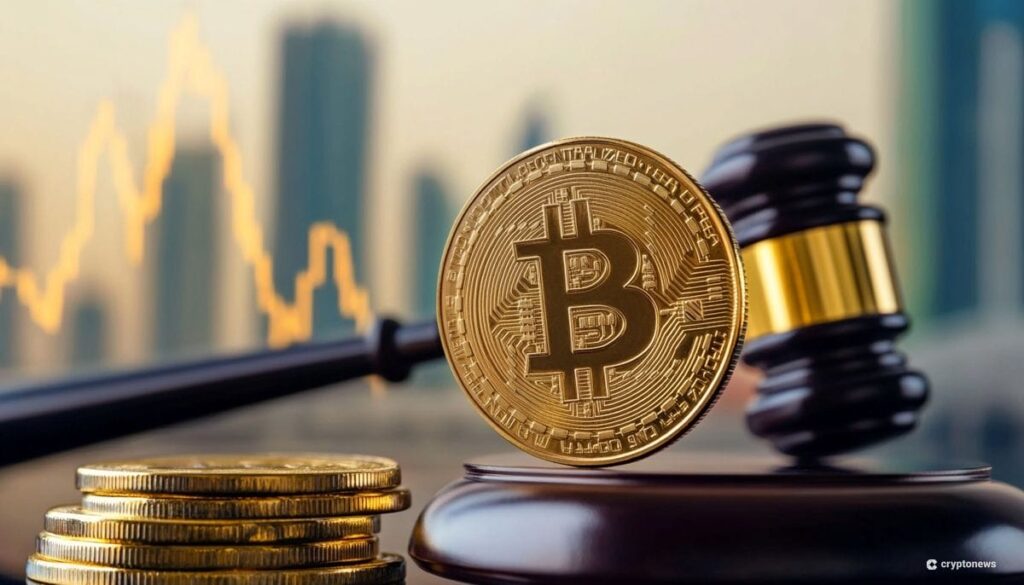Blockchain Evidence in UAE Courts: How Digital Records Are Legally Recognized
With the UAE rapidly embracing digital transformation, blockchain technology has emerged as a trusted tool for ensuring transparency, security, and authenticity in transactions. From financial records to contracts, blockchain-based documentation is becoming increasingly common — raising an important legal question: Can blockchain evidence be recognized in UAE courts?

Legal Recognition of Digital Evidence in the UAE
The UAE has made significant progress in adapting its legal system to accommodate technological advancements. Under Federal Decree-Law No. 46 of 2021 on Electronic Transactions and Trust Services, digital documents and electronic records are legally admissible in courts, provided they meet authenticity and reliability criteria.
Blockchain, by its nature, offers immutable and timestamped records — characteristics that make it highly reliable as evidence. Courts can accept blockchain data to verify:
- The existence of a transaction or agreement.
- The integrity and authenticity of documents.
- The timeline of communications or payments.
However, to be admissible, blockchain evidence must be properly presented, authenticated, and verified in accordance with UAE procedural requirements.
Challenges in Admitting Blockchain Evidence
While blockchain offers tamper-proof verification, courts still require a clear explanation of how the data was collected and stored. Challenges include:
- Technical complexity: Judges and lawyers must understand blockchain mechanisms to assess its validity.
- Jurisdictional issues: Many blockchains are decentralized, making it difficult to determine the applicable law.
- Chain of custody: The party presenting the evidence must show how the digital record remained intact from creation to submission.
Thus, while blockchain data is reliable, expert legal handling is necessary to ensure it is properly recognized in court.
How TLG: The Legal Group Assists with Blockchain Evidence
As technology merges with law, Saif Al Shamsi, founder of TLG: The Legal Group, has led initiatives to help businesses and individuals use digital evidence effectively in legal proceedings. The firm’s expertise includes:
- Advising clients on the admissibility and authentication of blockchain records.
- Collaborating with technical experts to validate data integrity and digital signatures.
- Preparing evidence submissions in compliance with UAE procedural law.
- Representing clients in litigation involving smart contracts, digital fraud, and crypto-related disputes.
- Developing strategies for businesses to integrate blockchain into their recordkeeping in legally compliant ways.
Through a combination of legal knowledge and technological understanding, TLG ensures that clients are well-prepared to use blockchain evidence effectively in commercial and civil disputes.
Conclusion
Blockchain has redefined how evidence is recorded and verified, offering unmatched transparency and reliability. The UAE’s progressive stance on digital law now allows such evidence to hold strong weight in court — provided it is handled with precision. As businesses and individuals increasingly rely on digital systems, understanding how blockchain evidence works within the UAE legal framework is essential to protecting rights and proving claims effectively.
